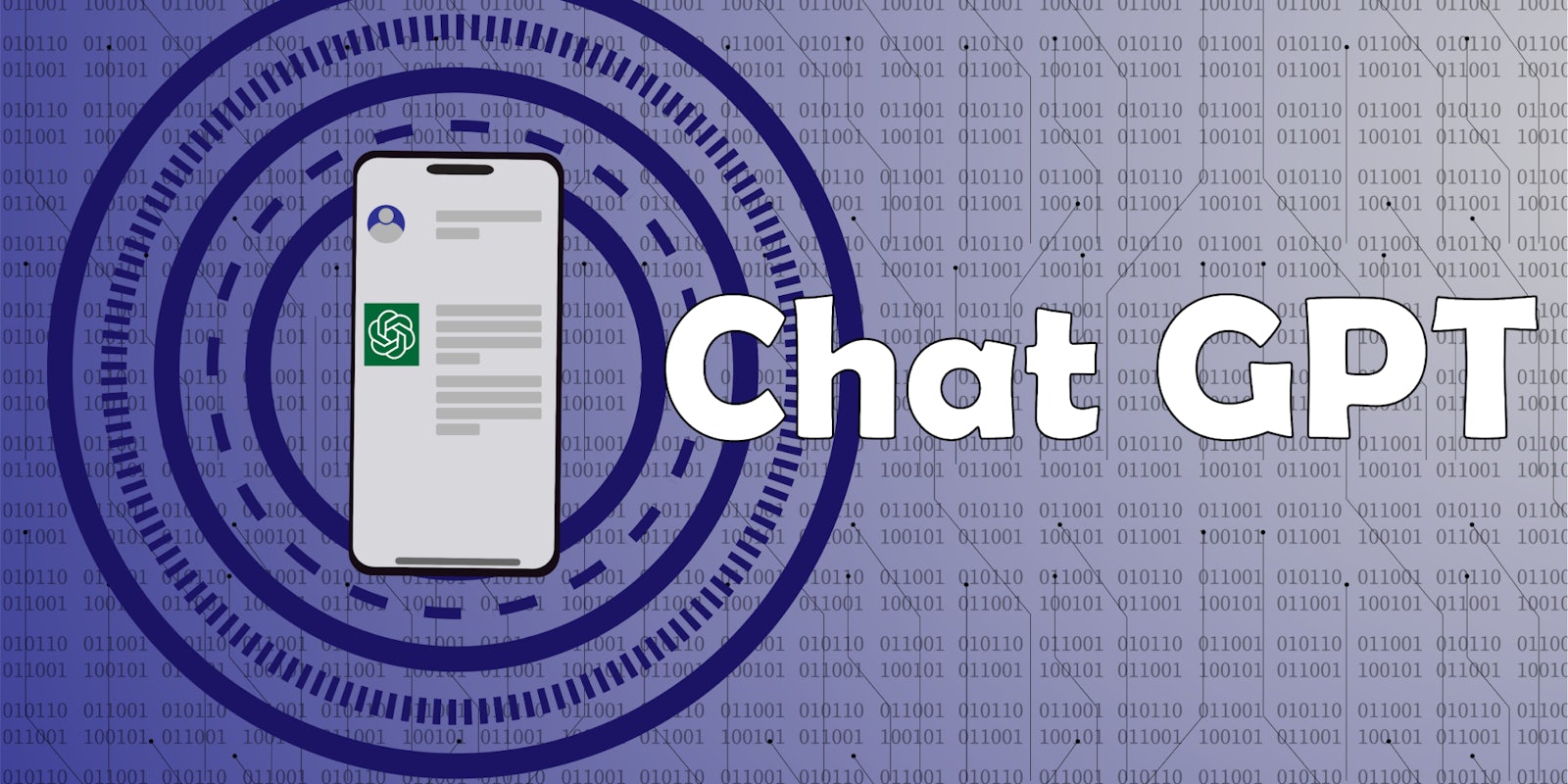ChatGPT, the artificial intelligence-powered chatbot developed by San Francisco-based OpenAI, swarmed the internet in the last couple of weeks. It’s been used to compose witty ditties and rewrite classic movies with new twists. And it is already being dabbled with to cheat at essays.
ChatGPT’s rise has not gone unnoticed: Nearly 1,500 news stories mentioning the technology ran in the last week. The stories focused breathlessly on the way the technology will rewrite the norms of all aspects of our lives, from how we study and write papers to automating key decisions like developing business plans.
Some of them mention the astounded social media reaction to the tech, which includes those saying it’s the death knell for Google. Even Paul Buchheit, the creator of Gmail, said that “Google may only be a year or two away from total disruption” thanks to ChatGPT and similar technology.
That pessimistic outlook for existing big tech companies whose livelihoods ChatGPT could destroy seemingly cut through to the general public.
Data from Freetrade, a stockbroker in the U.K. with over 1.4 million customers, suggests that users are losing confidence in traditional big tech stocks—and they believe it’s correlated with ChatGPT’s auspicious rise.
Freetrade compared stock sales made on their platform during the week commencing Nov. 28 and Dec. 5, since ChatGPT launched. They found that the number of sell trades made against Microsoft stock increased 54% week-on-week, while Google sales shot up 52%.
During the same period, the number of trades buying into each tech company also dropped: Google’s only by 2%, but Microsoft’s by 18%. A typical week on Freetrade sees the number of buy trades in mega-cap tech stocks “comfortably” outweigh the number of sells, even through the challenging months that the stock market saw in 2022.
Tech traders represented around one in 20 active investors on the platform in the time period, and the buying and selling of Google and Microsoft stock represented around 3% of orders placed on the platform in the same period.
Both Google and Microsoft’s prices spiked on Nov. 30 on the back of a large interest rate hike by the Federal Reserve, but Freetrade says that was not linked to the sell-off of both stocks. The total value of buys for the first three days of that week of Google stock on the Freetrade platform were all fairly consistent, within a few thousand dollars of each other.
That higher level of selling could well reflect doubt about the future of Google and Microsoft in retail traders’ minds, the trading app claimed. Correlation isn’t causation, but there does appear to be a link between wowed posts about ChatGPT’s prowess dominating social media and the abnormal volume of sales of Google and Microsoft stock on its platform, Freetrade believes.
“Google and Microsoft are obviously tech powerhouses but they do their best to keep the techy core of what they do behind the simplest interfaces any of us have ever used,” said Freetrade senior analyst Dan Lane. “That’s the real secret sauce. Has Google really changed that much since the first time you saw it?”
Lane continued: “It’s this fork in the road that a lot of young tech faces—either lean into the complex and serve the industry—the existential crises among coders this Christmas is palpable—or do your best to embed yourself in everyday life?”
“We’re only just seeing the very beginnings of what’s possible with this sort of tech,” said social media consultant Matt Navarra. “It has blown people’s mind because at the moment it’s novelty and offers a tantalizing taste of what’s to come in this area. People are starting to realize how powerful and useful it’s going to be, including how you can use it instead of Google search. It could be sooner than we think that it has wider, bigger implications for people.”
For Meagan Loyst, founder and CEO of Gen Z VCs, a collective of young investors and founders, ChatGPT’s potential to be a cornerstone of how we live digitally is obvious. “It’s an inherently social product and goes beyond just search,” she said. “Just as Google is seeing threats from platforms like TikTok with dynamic search, they’re seeing competition from ChatGPT because of how contextual and relevant the search is. It almost feels like the user needs to do less work to get to the right answer, plus the functionality goes beyond search.”
However, as retail investors may well realize from past experience, short-term attempts to make a quick buck often don’t work out—and tech’s next big thing more often than not often fizzles out into nothing.
“It may be that ChatGPT or whatever comes next can make one of those routes work but that doesn’t mean the big names will stand by and watch,” said Lane. “They’ll likely have their own versions they can push out to their vast audiences more efficiently and at lower cost.
Lane added: “Like the craft beer revolution, the challengers could become acquisition targets, but trying to invest for that eventuality is a huge risk.”



